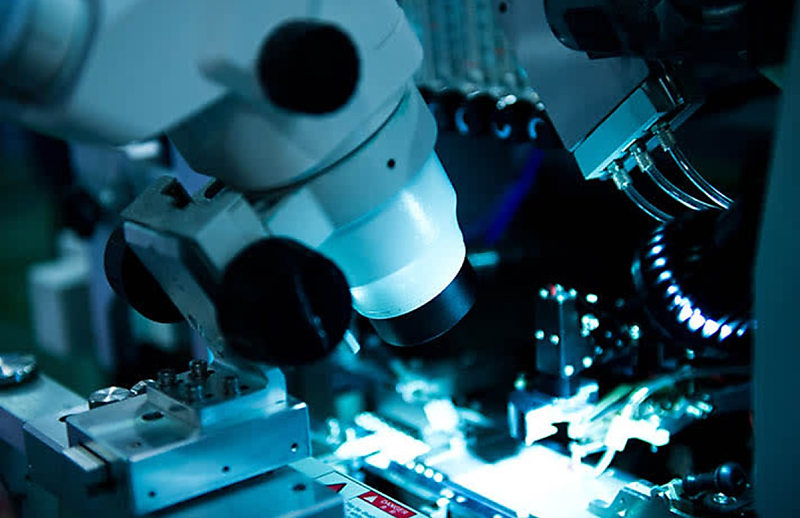Review claims by clients and voluntarily disclose errors, the Tax Office urges.
26 June 2025
New Broker Academy 2025
Uncover a new world of opportunity at the New Broker Academy 2025If you’re ready for a career change and are looking...
KNOW MOREReview claims by clients and voluntarily disclose errors, the Tax Office urges.

The ATO has clarified rules around the Research and Development Tax Incentive after identifying a number of integrity issues with claims.
It said the problems concerned R&D expenditure to associates, what the R&D was “conducted for”, aggregated turnover figures, overseas expenditure and expenditure not at risk.
The incentive offers companies with $20,000 or more spending on R&D a refundable offset equal to their corporate tax rate plus 18.5 per cent and is self-assessed annually.
The Tax Office said R&D expenditure to associates could only be claimed in the year the associates were paid unless the R&D entity made an irrevocable election.
“We regard the following arrangements as not resulting in the expenditure being paid to the associate:
Any of these arrangements would disqualify an R&D entity from claiming an R&D notional deduction, it said.
To claim notional deductions, the activity had to be conducted for the R&D entity that had registered the R&D activities.
Expenditure on R&D activities could not be notionally deducted if they were not conducted for the R&D entity or conducted to a significant extent for another entity.
“To determine if the conducted for the rule is satisfied, we make an ‘on balance’ assessment of which entity:
Another issue was aggregated turnover, which had to be less than $20 million to qualify. However, R&D entities that were 50 per cent controlled by exempt entities, regardless of their aggregated turnover, were entitled to the non-refundable R&D tax offset.
Overseas expenditure could only be claimed for activities conducted overseas where the entity had a positive “overseas finding” from the Department of Industry, Science and Resources.
“Without one, claimants must demonstrate the work was carried out in Australia and not subcontracted out or otherwise performed overseas. We consider the physical location of where the work is conducted,” the Tax Office said.
Finally, it was impermissible to notionally deduct expenditure under the R&D tax incentive if the expenditure was not at risk.
“Expenditure is not at risk to the extent that when it’s incurred, the R&D entity could reasonably be expected to receive an amount of consideration:
The ATO urged tax agents and R&D consultants to review clients’ claims and voluntarily disclose any errors.

AUTHOR
Philip King is editor of Accountants Daily and SMSF Adviser, the leading sources of news, insight, and educational content for professionals in the accounting and SMSF sectors.
Philip joined the titles in March 2022 and brings extensive experience from a variety of roles at The Australian national broadsheet daily, most recently as motoring editor. His background also takes in spells on diverse consumer and trade magazines.
You can email Philip on:
Comments will undergo moderation before they get published.
Uncover a new world of opportunity at the New Broker Academy 2025If you’re ready for a career change and are looking...
KNOW MOREGet breaking news
 Login
Login
